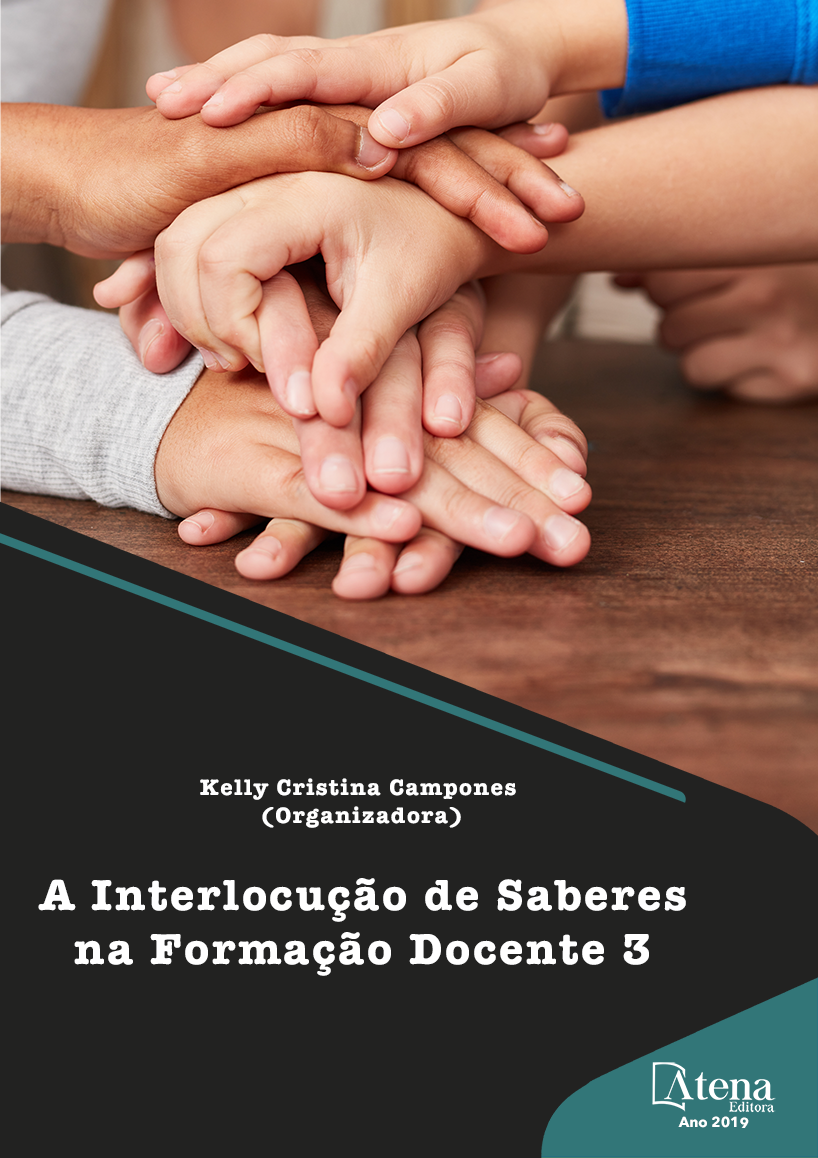
POVO NAMBIKWARA KATITAURLU: RELATO DE EXPERIÊNCIA NA LUTA PELA EDUCAÇÃO ESCOLAR EM SEU TERRITÓRIO.
Busca-se, neste texto, analisar
os processos de aprendizagens na visão
do Povo Nambikwara Katitaurlu na luta pela
escola indígena em seu território, através da
implementação de três salas de aulas anexas
na Terra Indígena Sararé, aldeia Central.
Lançam-se aqui, reflexões sobre o papel da
escola na comunidade indígena. Indaga-se qual
a importância da Educação Escolar Indígena
para essa comunidade em seu território e
qual a sua importância na ressignificação das
suas vivências na construção de um processo
emancipatório. O percurso metodológico se
sustenta na abordagem qualitativa, tendo como
ferramentas a análise documental, entrevista
semiestruturada e a roda de conversa com
a comunidade indígena pesquisada. Os
resultados indicam que a atividade educacional
em território indígena cria as condições para
um caminho de resgate da ressignificação da
vida em um universo de pessoas excluídas não
só do processo educacional, mas também da
cidadania. À medida que os alunos indígenas
reconhecem suas realizações, pela interação
do conhecimento nativo e o sistematizado,
vão compreendendo a estreita relação desses
conhecimentos com sua vida cotidiana, o
que desperta um sentimento de pertença,
de autoestima positiva, capaz de descortinar
horizontes, possibilidades e ações concretas
de enfrentamento das injustiças sociais.
Cabe ressaltar que o processo de ensino e
aprendizagem assume uma característica
que ultrapassa a mera aquisição formal do
letramento, pois tem sentido e significado.
POVO NAMBIKWARA KATITAURLU: RELATO DE EXPERIÊNCIA NA LUTA PELA EDUCAÇÃO ESCOLAR EM SEU TERRITÓRIO.
-
DOI: 10.22533/at.ed.3411914085
-
Palavras-chave: Educação escolar indígena, Nambikwara Katitaurlu, Sala Anexa.
-
Keywords: Indigenous school education, Nambikwara Katitaurlu, Annexed Room.
-
Abstract:
The purpose this study was to
analyze the processes of learning in the view
of the Nambikwara Katitaurlu People in the
struggle for the indigenous school in their
territory, through the implementation of three
adjoining classrooms in the Sararé Indigenous
Land. We reflect on the role of the school in
the indigenous community. It is questioned the
importance of the Indigenous School Education
for this community and what its importance in the resignification of its experiences in the construction of an emancipatory process.
The methodological path is based on the qualitative approach, having as tools the
documentary analysis, semi-structured interview and the conversation wheel with the
indigenous community researched. The results indicate that the educational activity in
indigenous territory creates the conditions for a way to rescue the resignification of life
in a universe of people excluded not only from the educational process, but also from
citizenship. As indigenous students recognize their achievements, through the interaction
of native and systematized knowledge, they understand the close relationship of this
knowledge with their everyday life, which awakens a sense of belonging, positive selfesteem, able to unveil horizons, possibilities and concrete actions to address social
injustices. It should be emphasized that the teaching and learning process assumes
a characteristic that goes beyond the mere formal acquisition of literacy, since it has
meaning and meaning.
-
Número de páginas: 15
- Rilane Silva Reverdito Geminiano
- Marcelo Augusto Totti


